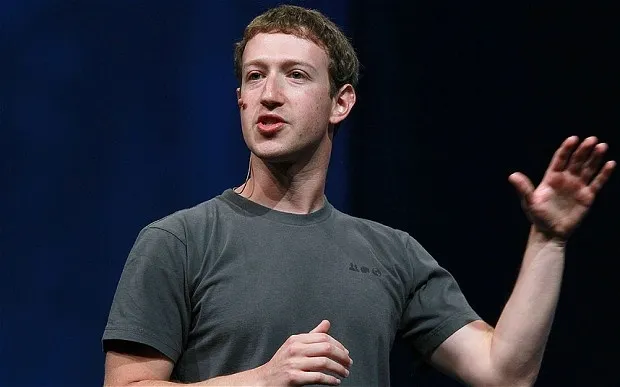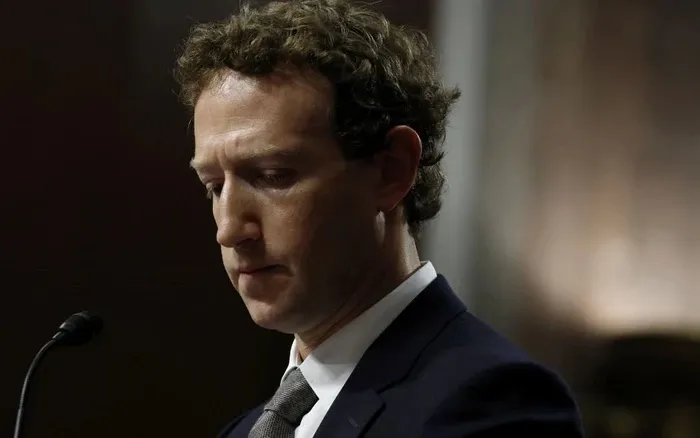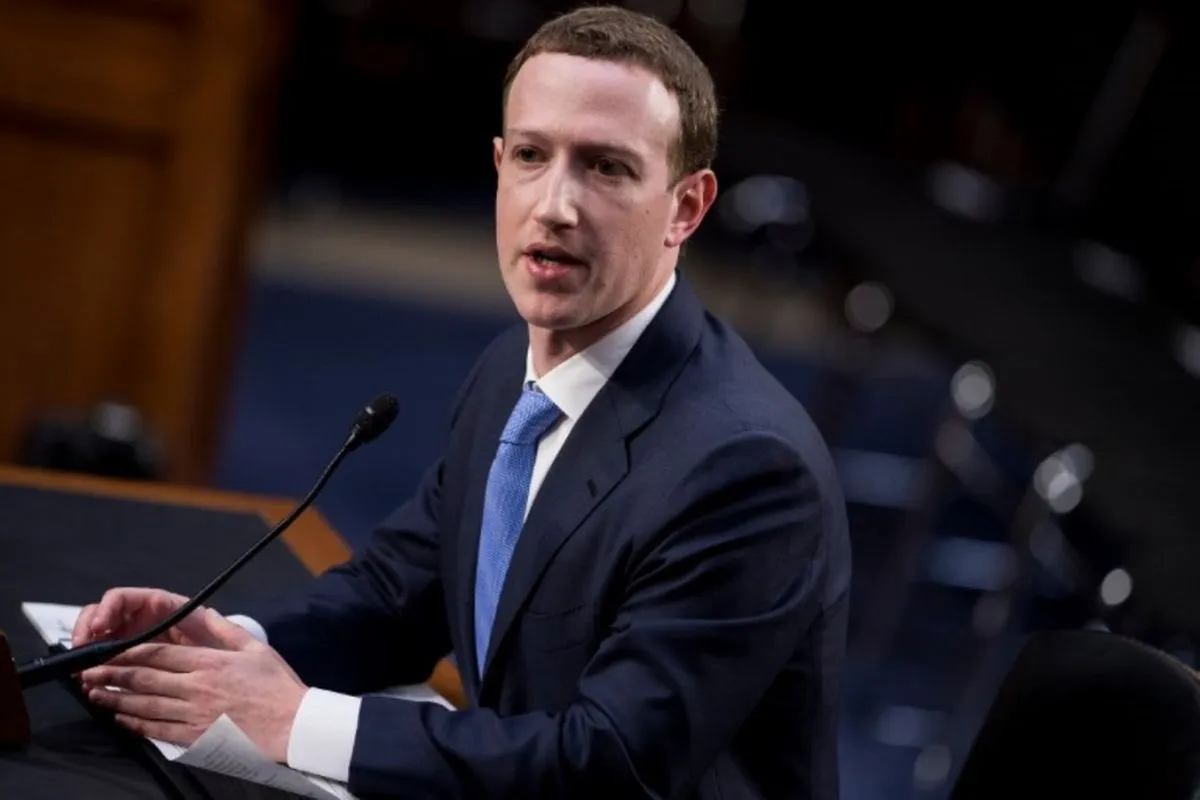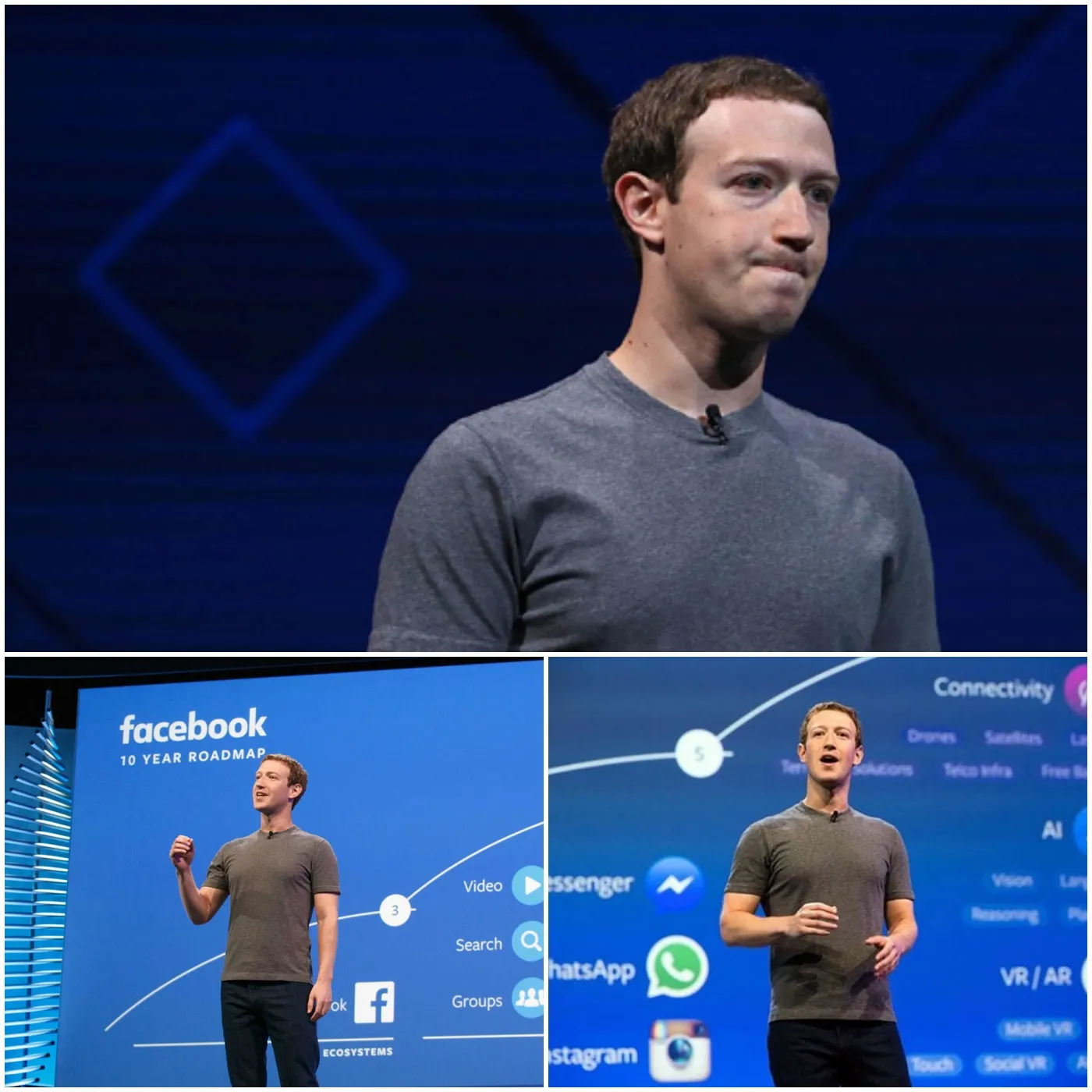“Everything I Say Gets Leaked”: Mark Zuckerberg’s Frustration Over Internal Meta Leaks
During an internal meeting on Thursday, Meta CEO Mark Zuckerberg openly expressed his growing frustration over the persistent issue of leaks within the company. His concern was evident as he addressed his team, highlighting the impact of these leaks on Meta’s internal operations and strategic discussions. “Everything I say gets leaked,” Zuckerberg remarked, his tone underscoring a blend of disappointment and urgency.
Zuckerberg’s comments came amid increasing concerns about maintaining privacy within the tech giant. The continuous flow of internal information to the public has raised alarms not only about the company’s ability to control its narrative but also about potential risks to competitive strategies. Leaks of confidential discussions can jeopardize business plans, reveal product developments prematurely, and create public relations challenges for Meta.
Acknowledging the gravity of the situation, Zuckerberg emphasized that he would adopt a more cautious approach moving forward. He suggested that he might alter the way he communicates during meetings, potentially limiting the details shared even in closed-door discussions. This shift could mark a change in Meta’s internal culture, where transparency with employees might need to be balanced with protecting sensitive information.
While Zuckerberg did not outline specific measures to curb the leaks, his statement served as a clear signal to Meta’s workforce. It reinforced the importance of confidentiality and hinted at possible changes in how information is managed internally. As Meta continues to navigate its ambitious projects and evolving public image, maintaining control over its internal communications has become more critical than ever.

Meta’s New Approach to Q&A Sessions
To curb leaks and maintain confidentiality, Meta has changed the way it conducts company-wide Q&A sessions. According to an internal recording obtained by 404 Media, the company has introduced a voting system that allows employees to select key topics for discussion. This method reduces direct, off-the-cuff responses from Zuckerberg and other executives, minimizing the chances of sensitive information being leaked.
“I want to have an open conversation,” Zuckerberg explained. “But we’re also trying to build things and create value in the world, not destroy value by talking about things that will eventually leak.”

AI, Open Source, and Meta’s Competitive Edge
During an hour-long internal meeting, Meta CEO Mark Zuckerberg addressed a range of critical topics, shedding light on the company’s strategic direction and its evolving approach to artificial intelligence. The discussion, which took place on Thursday, offered insights into Meta’s stance on emerging technologies and the broader implications for its workforce and the tech industry as a whole.
One of the central themes of the meeting was the future of artificial intelligence, an area where Meta has been investing heavily. Zuckerberg spoke candidly about the company’s support for open-source AI, reiterating Meta’s belief that open-source models are gaining momentum over their closed-source counterparts. “The ecosystem is moving toward open-source AI, and we’re committed to being part of that shift,” he stated. Meta has previously positioned itself as a proponent of open-source technology, advocating for more transparency and collaboration in the development of AI tools. This approach, according to Zuckerberg, not only fosters innovation but also helps build trust within the developer community and beyond.
Zuckerberg also tackled a topic that has stirred growing debate in tech circles—the potential for AI to replace software engineers. With rapid advancements in generative AI and automation, concerns have emerged about job security for developers and other technical professionals. However, Zuckerberg offered a balanced perspective, acknowledging the transformative power of AI while emphasizing the continued need for human expertise.
“AI is an incredibly powerful tool, but it’s not a substitute for human creativity and complex decision-making,” he explained. He highlighted scenarios where human insight remains irreplaceable, particularly in roles that require nuanced problem-solving, strategic planning, and innovative thinking. While AI can streamline processes and handle repetitive tasks, Zuckerberg believes that software engineers will still play a pivotal role in shaping and guiding AI technologies.
The CEO’s remarks seemed aimed at reassuring Meta’s workforce, encouraging them to view AI as a complement to their skills rather than a threat. His vision for the future involves a collaborative dynamic between AI and human talent, where technology enhances productivity and frees professionals to focus on higher-value work. As Meta continues to advance its AI initiatives, Zuckerberg’s message underscored the company’s strategy to harness AI’s potential while safeguarding the essential contributions of its human team members.

The Rise of DeepSeek and Its Impact on Meta
Zuckerberg discussed the emergence of DeepSeek, a Chinese AI company making waves in the industry. However, he downplayed its impact on Meta, stating that it hasn’t affected the company in the same way it has influenced the market valuations of OpenAI and NVIDIA.
Meta’s advantage, he explained, lies in its open-source language model, Llama. Unlike some competitors that charge for AI access, Meta offers Llama for free, which he believes strengthens the company’s position.
“You know, not only can we see what they do, but we can read about it and implement it,” Zuckerberg said regarding DeepSeek’s developments. “So that’s going to be beneficial for us.”
He also hinted at Meta’s plans to expand its AI initiatives:
“We have a model that competes with the best models out there, and we’re giving it away for free. We’re not charging $20, or $200, or whatever. But now, I think there’s an opportunity to do more, right?”
Meta’s Perspective on TikTok’s Future
Zuckerberg briefly touched on TikTok, one of Meta’s biggest competitors. He acknowledged that Meta has no control over TikTok’s future but remained confident in the continued growth of Facebook and Instagram short-form video feature, Reels.
“I’m pretty sure that no matter what happens to TikTok, I’m pretty confident that Facebook and Instagram Reels will continue to grow,” he stated. “We have a lot of competitors, but they’re a major competitor.”

The Challenge of Balancing Transparency and Privacy
Mark Zuckerberg’s frustration over internal leaks sheds light on a growing challenge faced by major tech companies: balancing transparency with security. On one hand, open discussions foster innovation, collaboration, and trust within an organization. Employees benefit from a culture where they can freely exchange ideas and stay informed about the company’s direction. However, when sensitive information is repeatedly exposed to the public, it can undermine strategic plans, weaken competitive advantages, and even affect stock performance.
For Meta, this issue is especially critical as the company pushes forward in artificial intelligence, social media advancements, and emerging technologies. Ensuring that key developments remain confidential while still maintaining an open dialogue with employees is a delicate balance.
By implementing changes such as structured Q&A sessions and prioritizing controlled information-sharing, Meta aims to mitigate the risks of leaks without stifling internal communication. However, as competition intensifies and external scrutiny increases, the company must continuously refine its approach to safeguard its strategies while fostering a culture of trust and innovation.




Post Comment